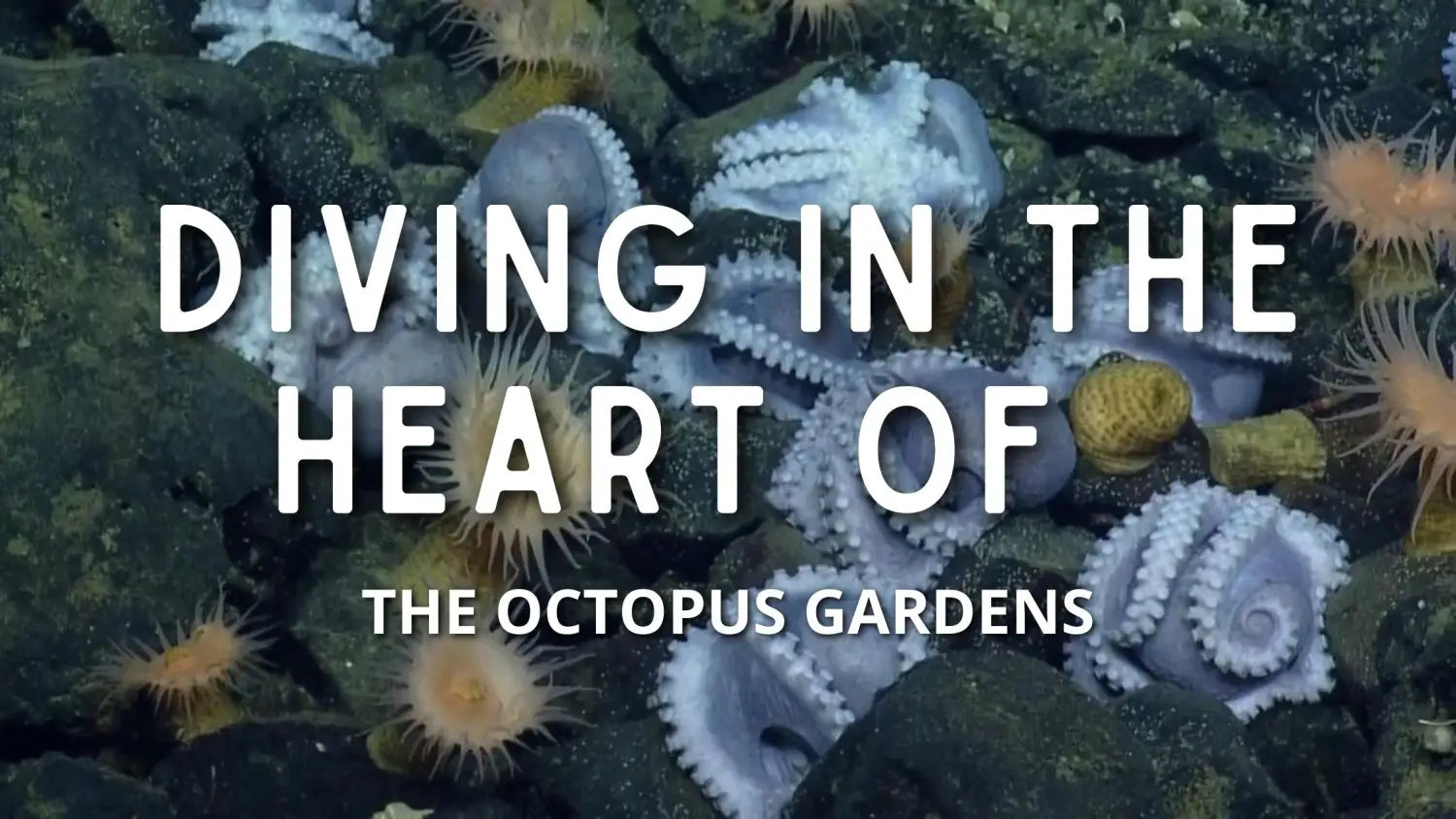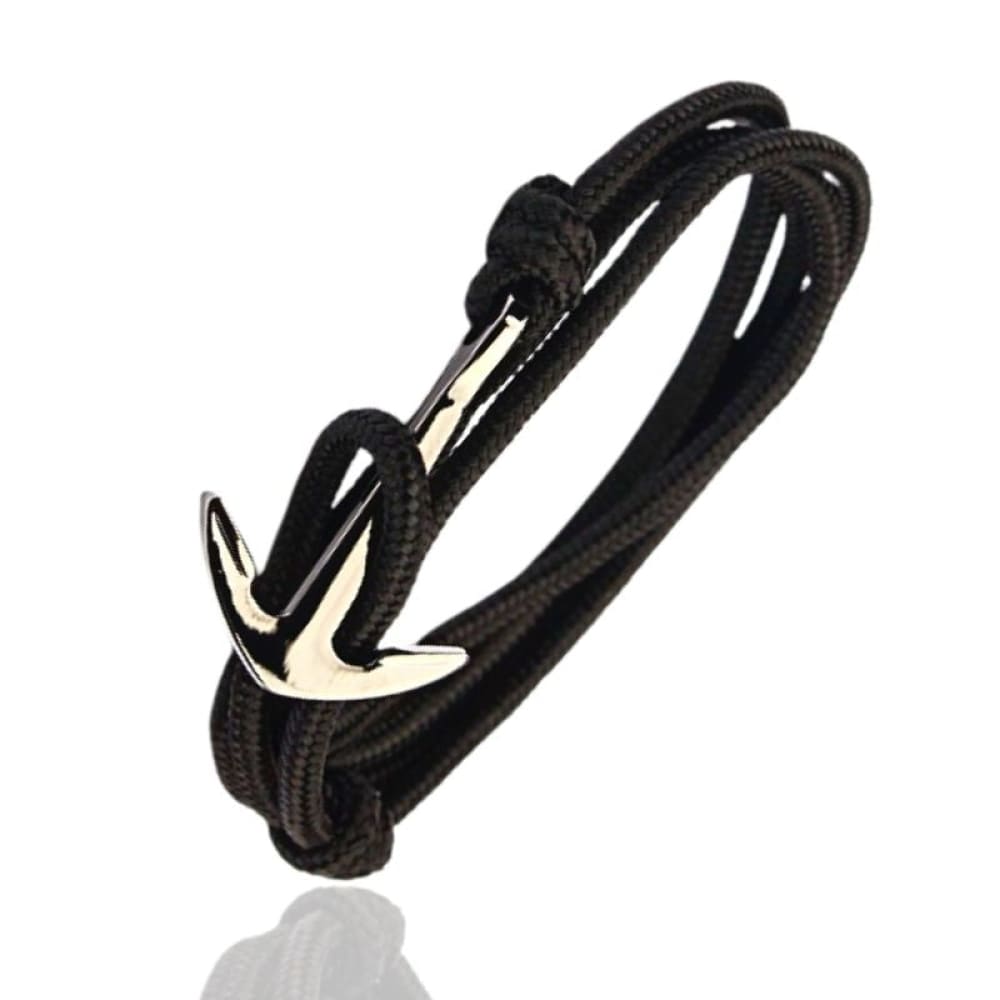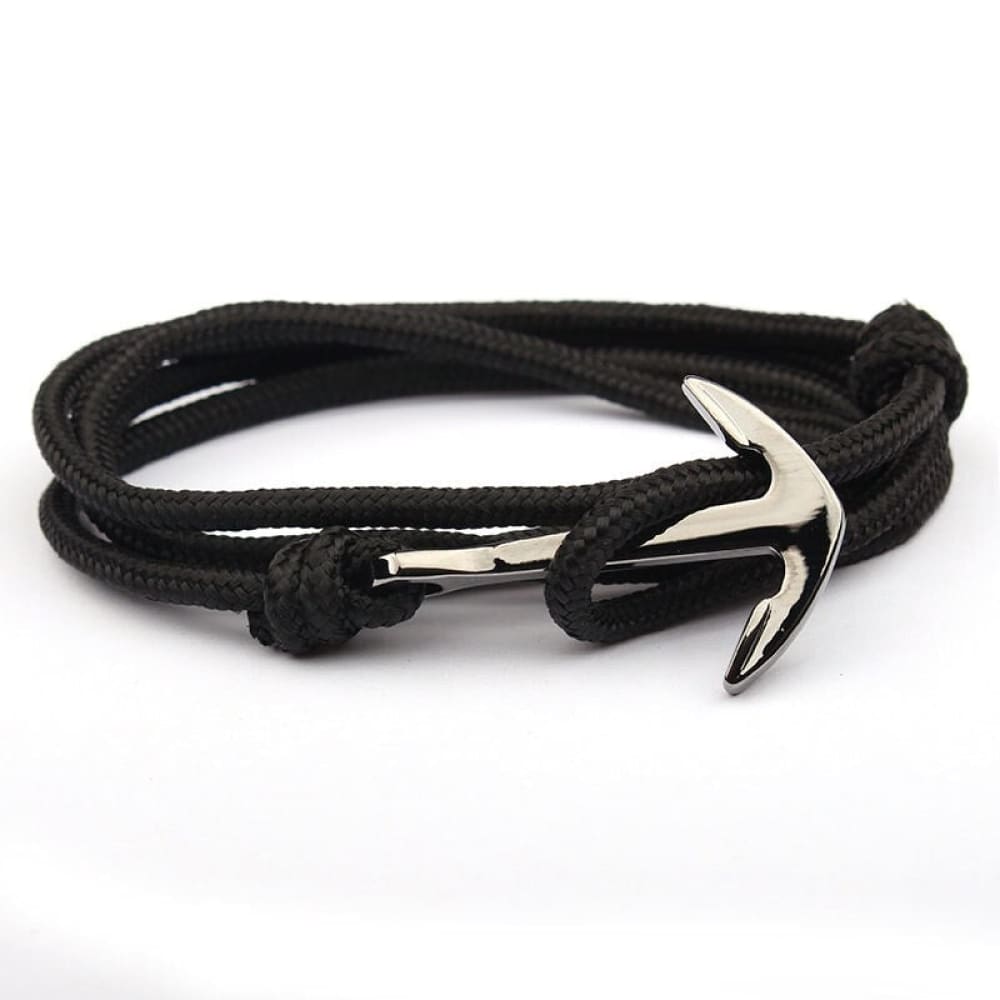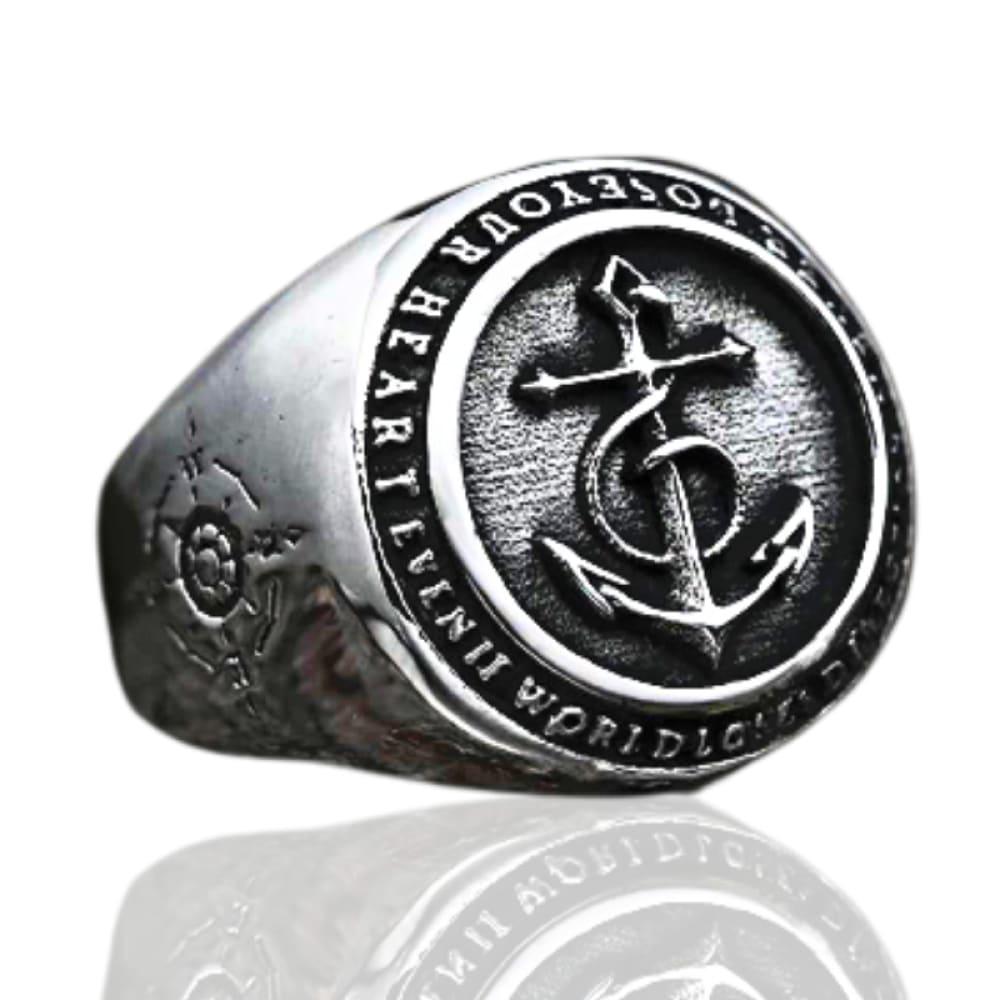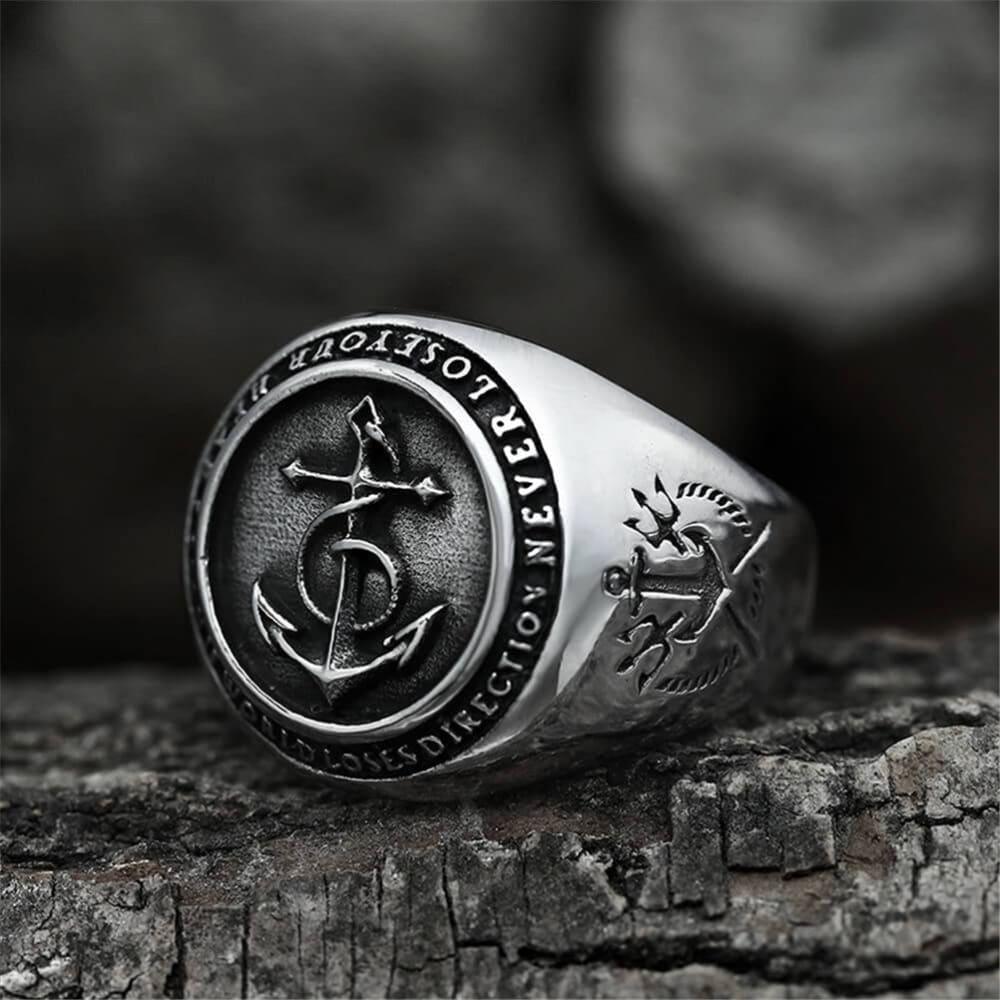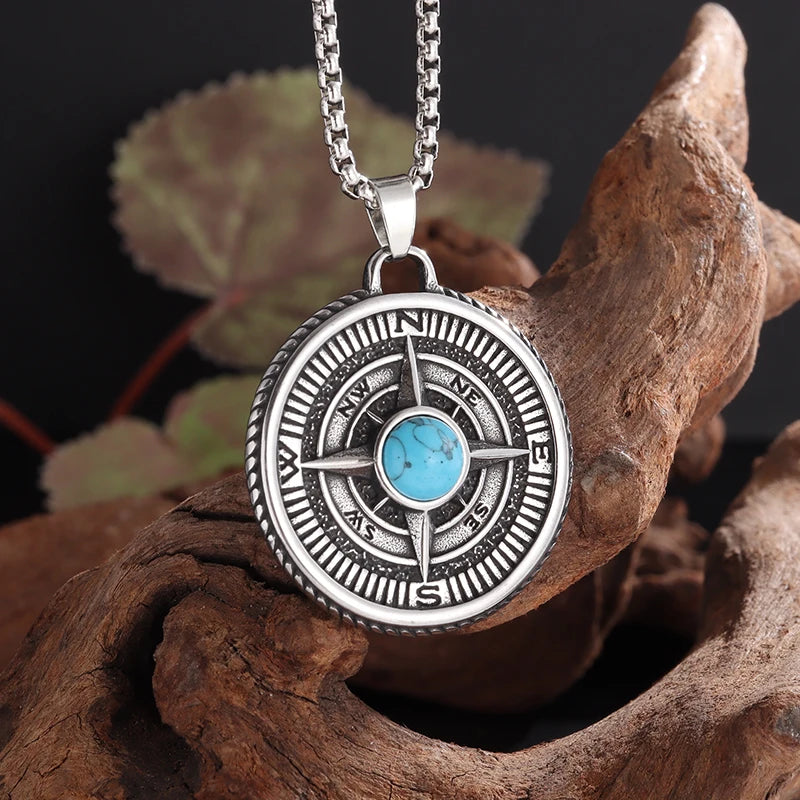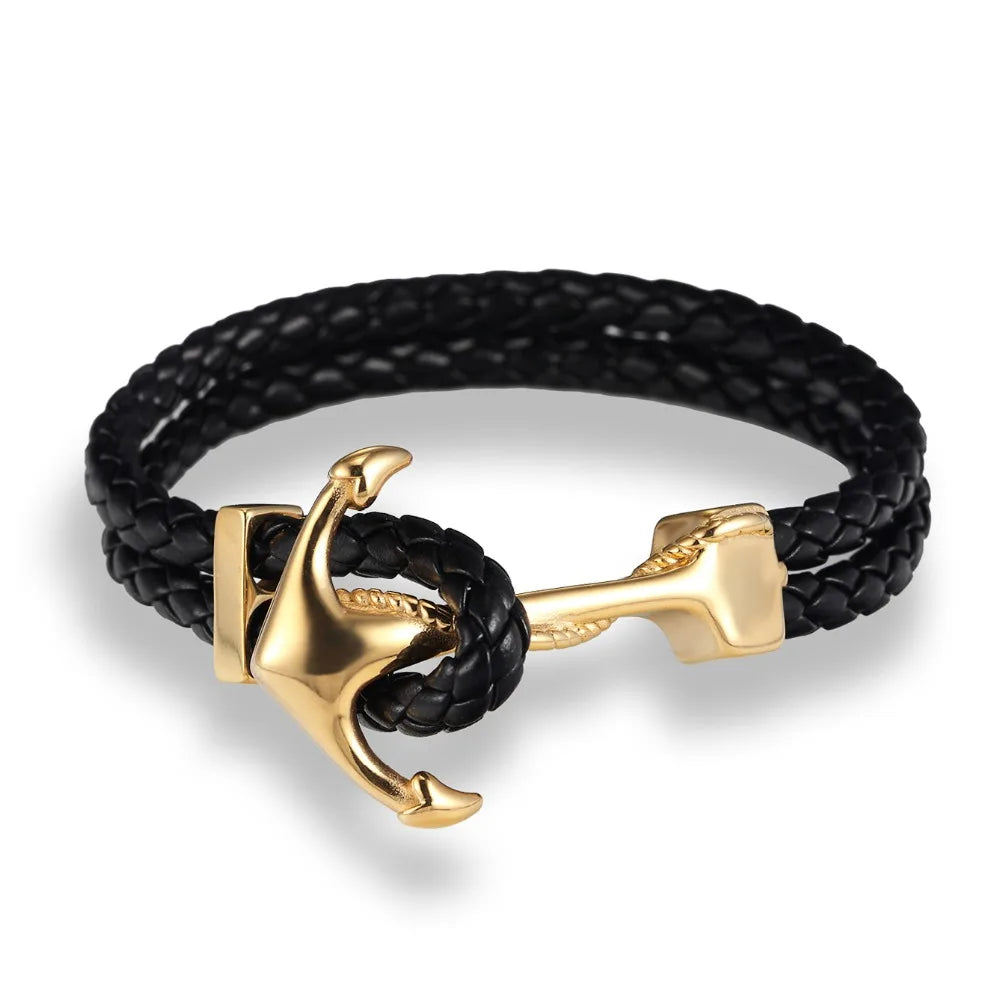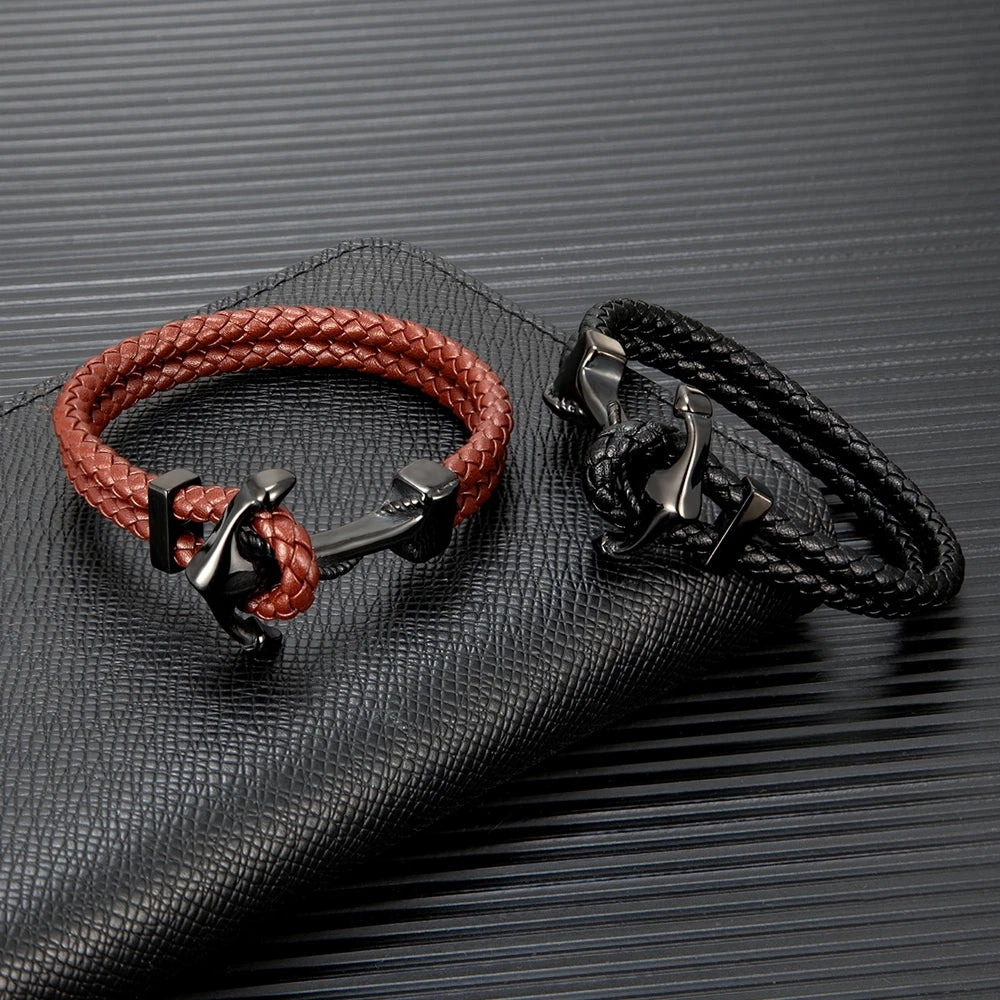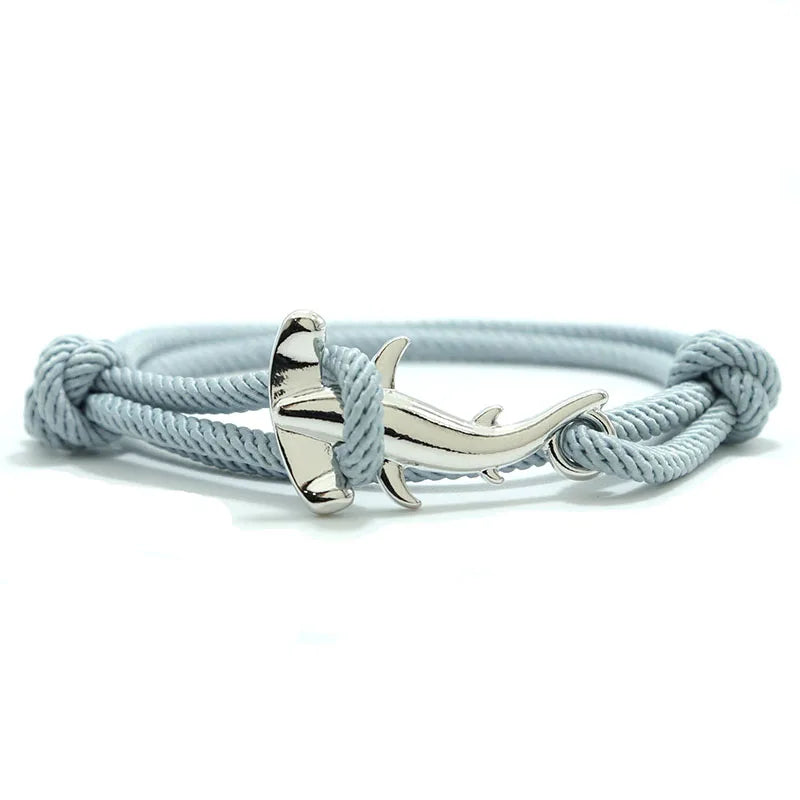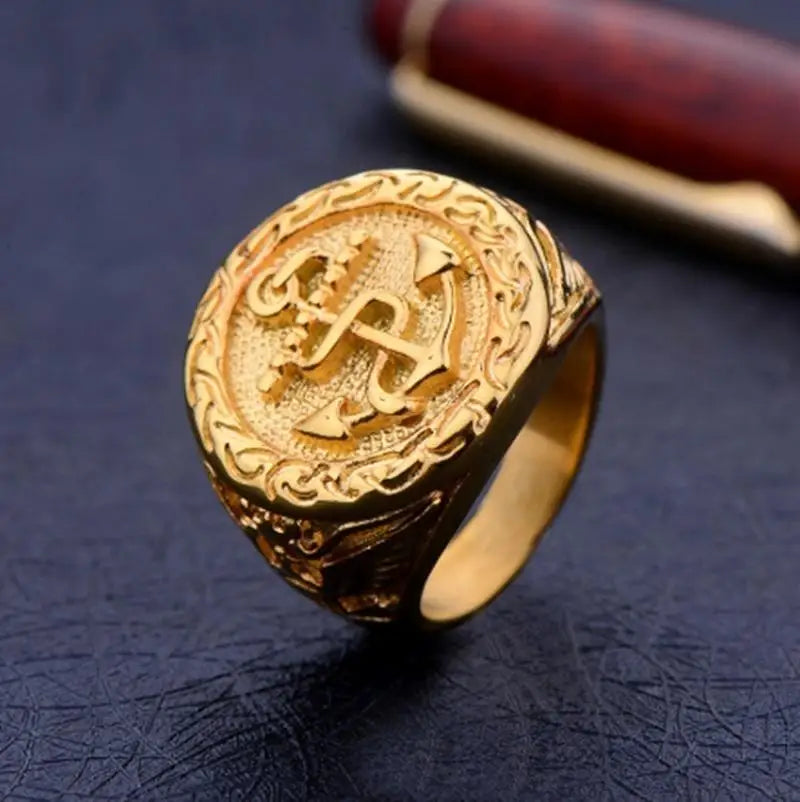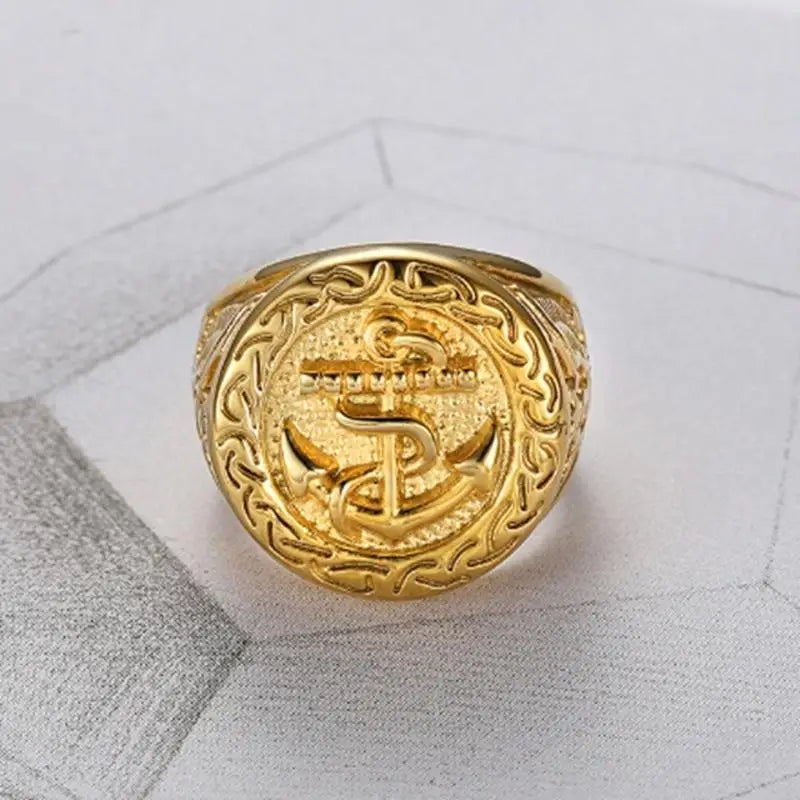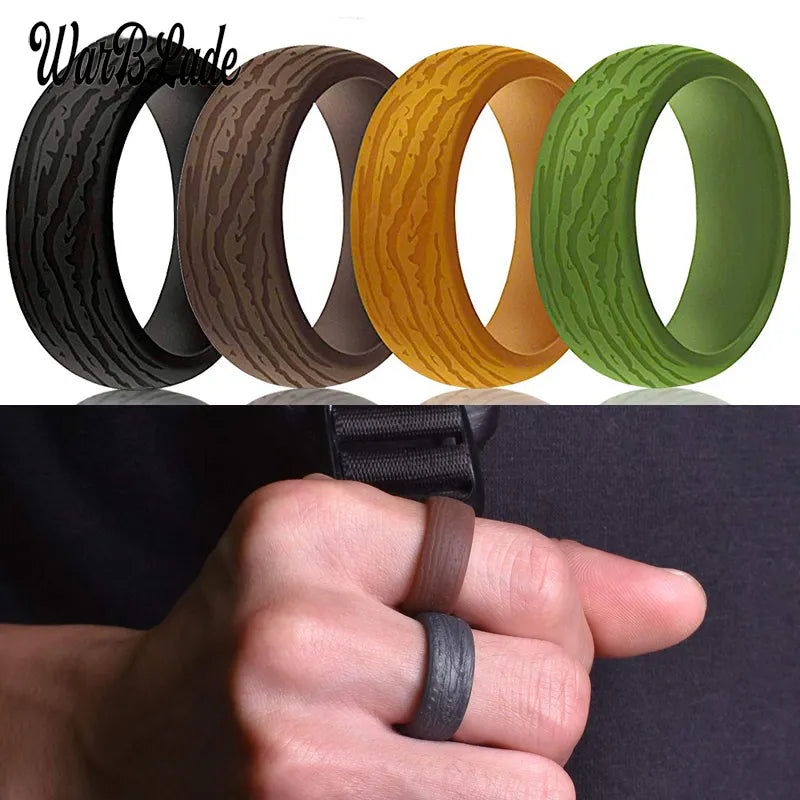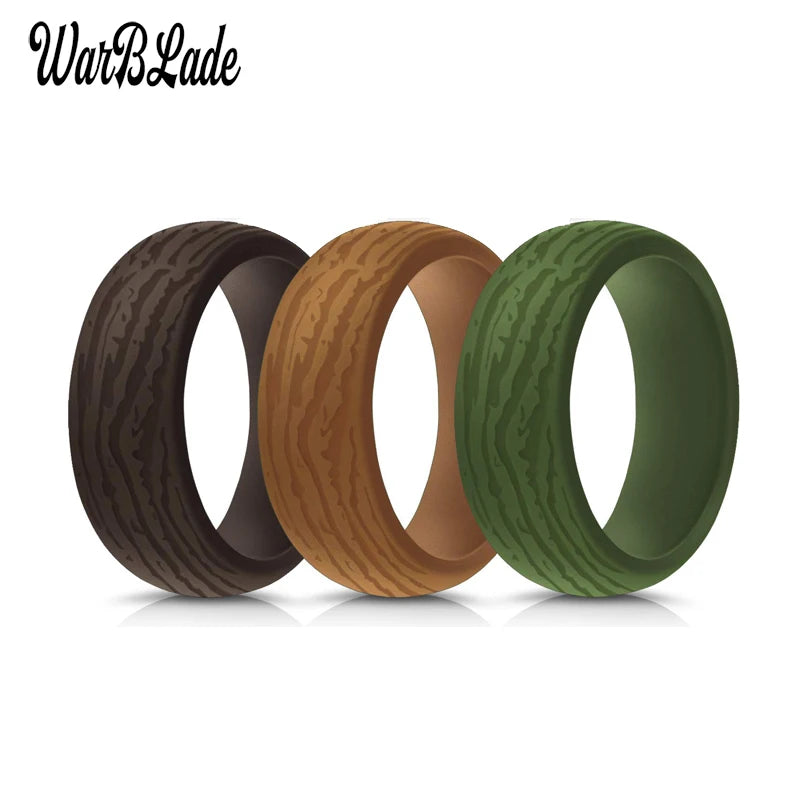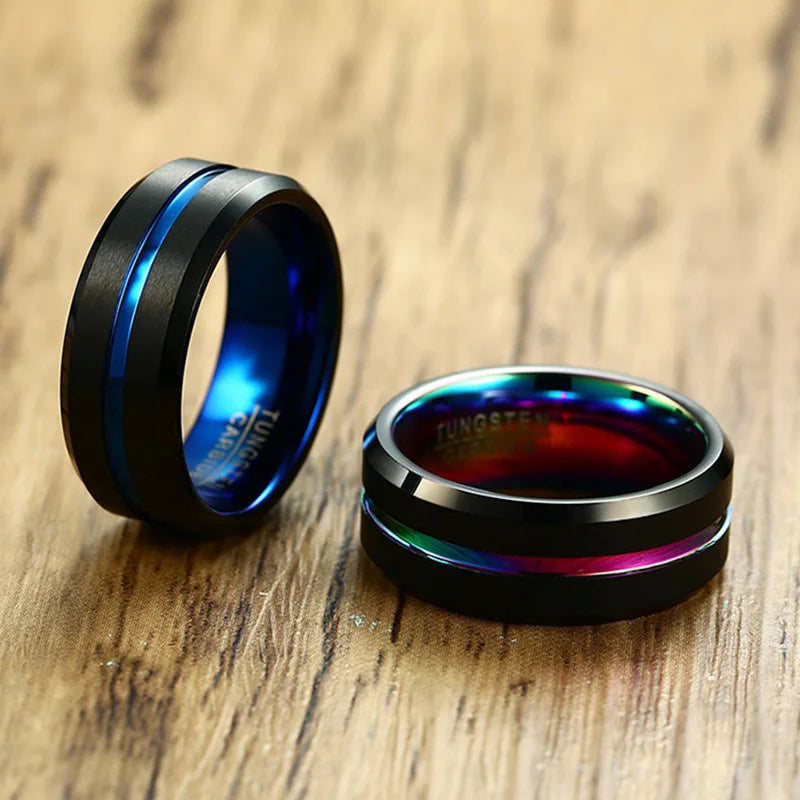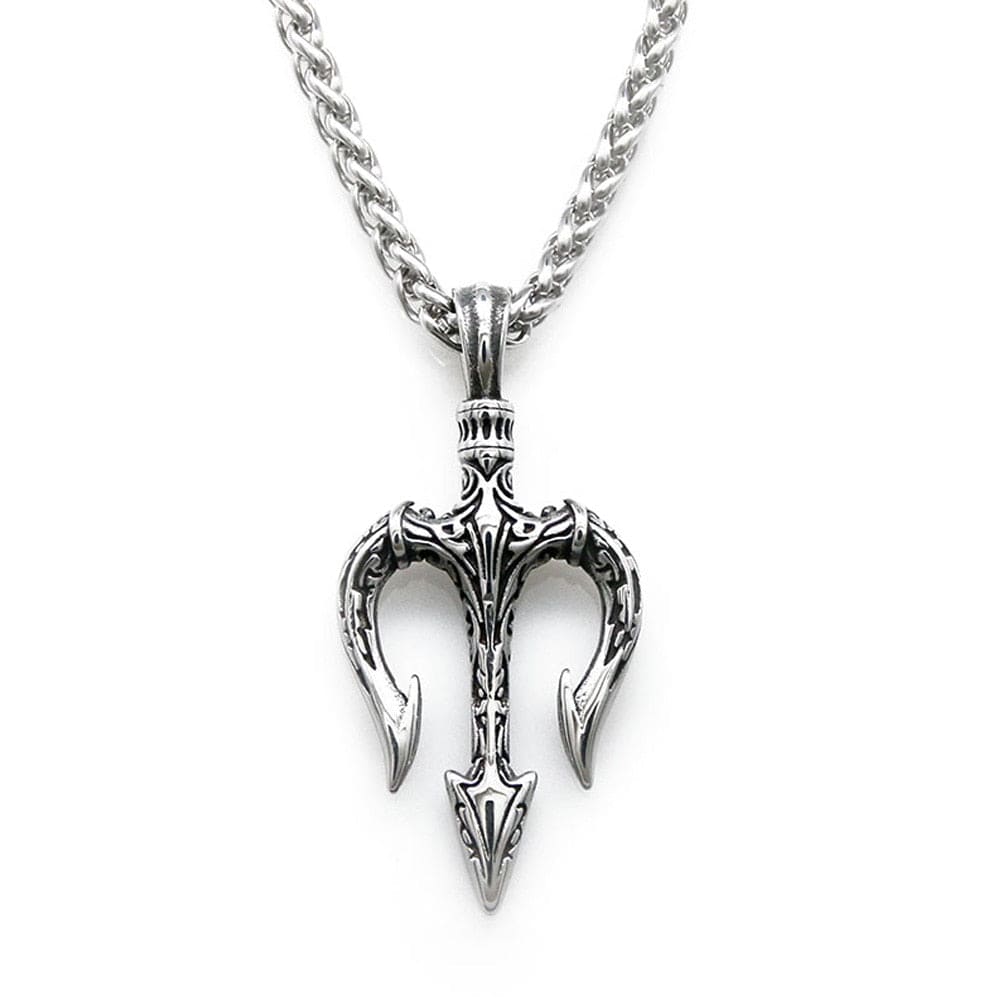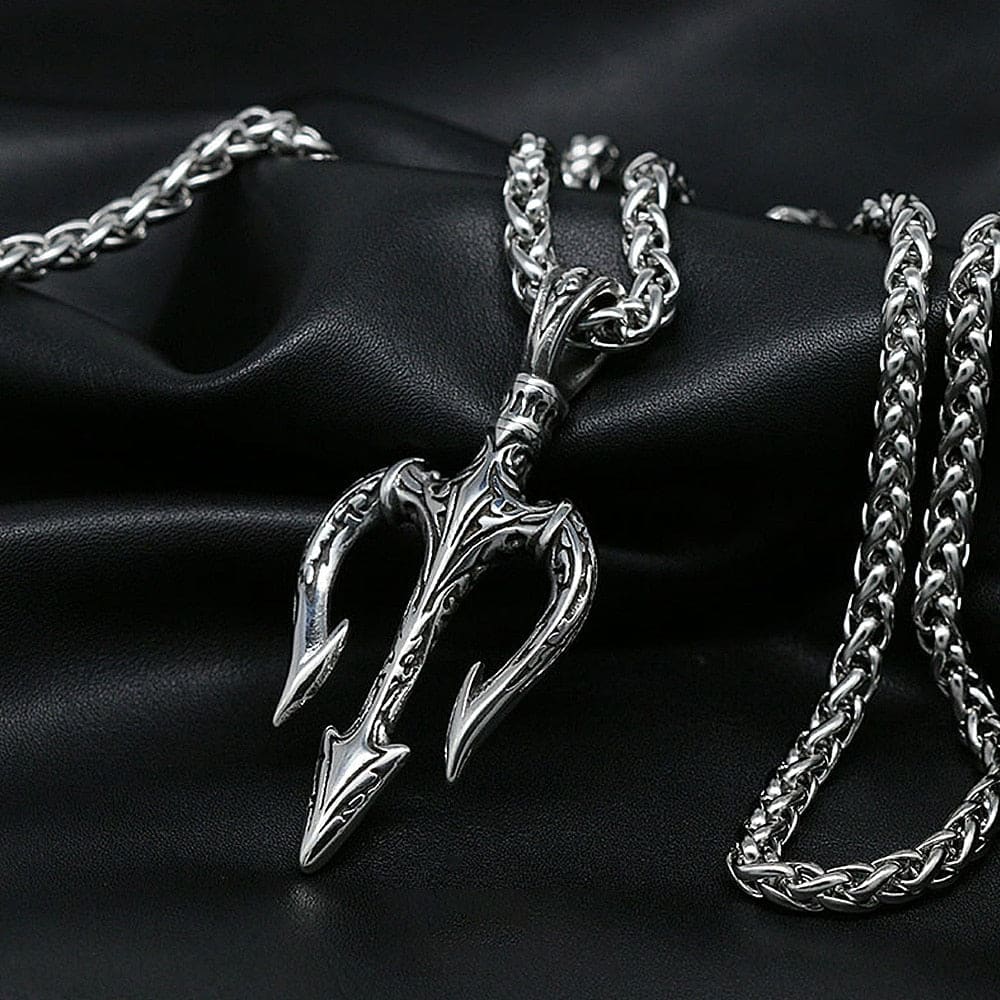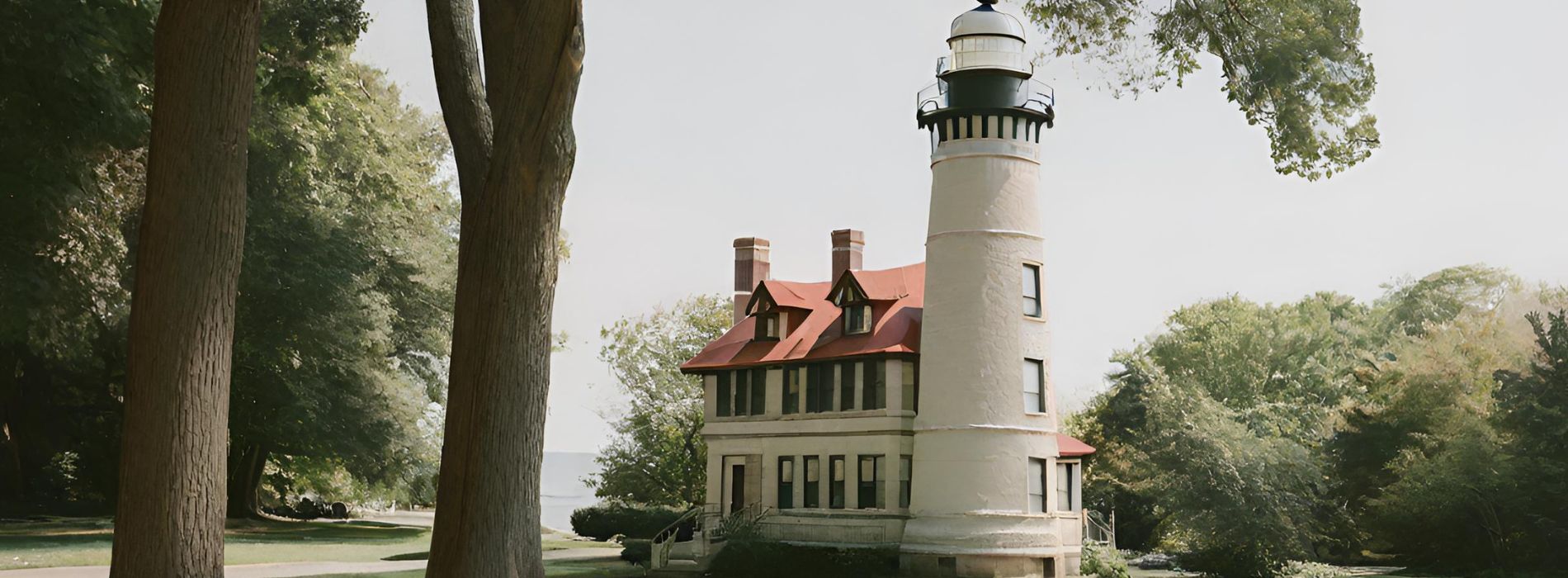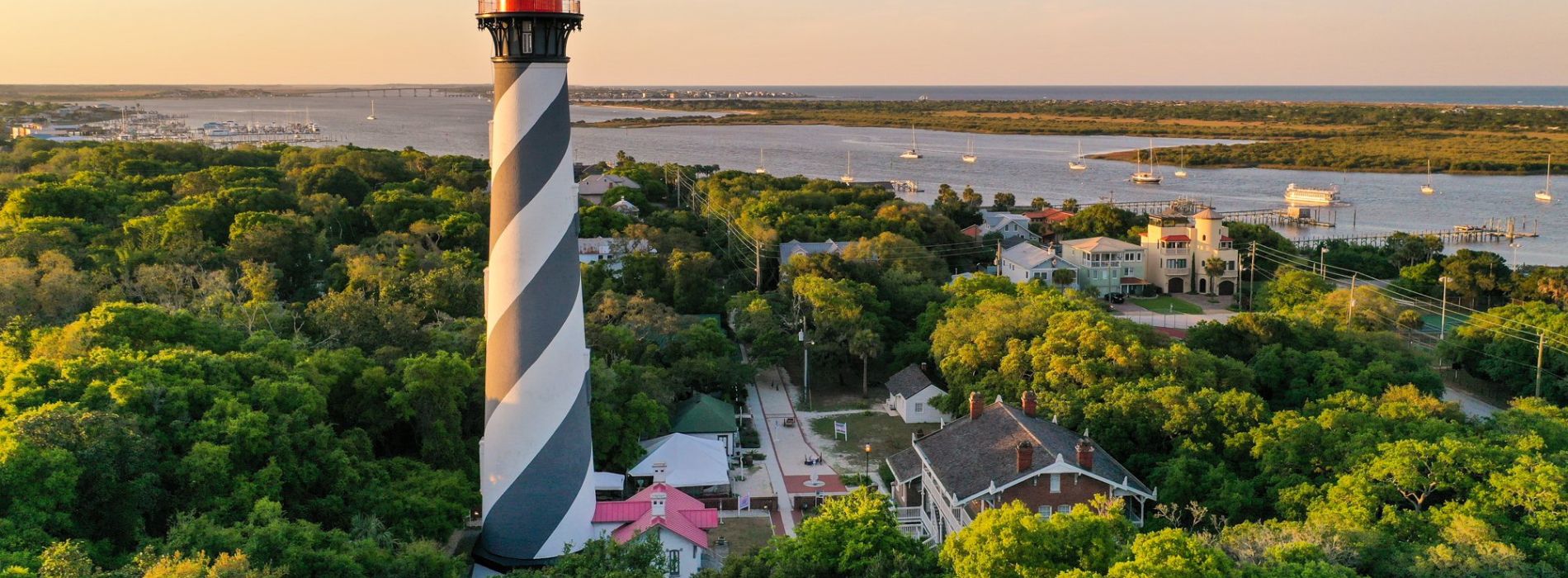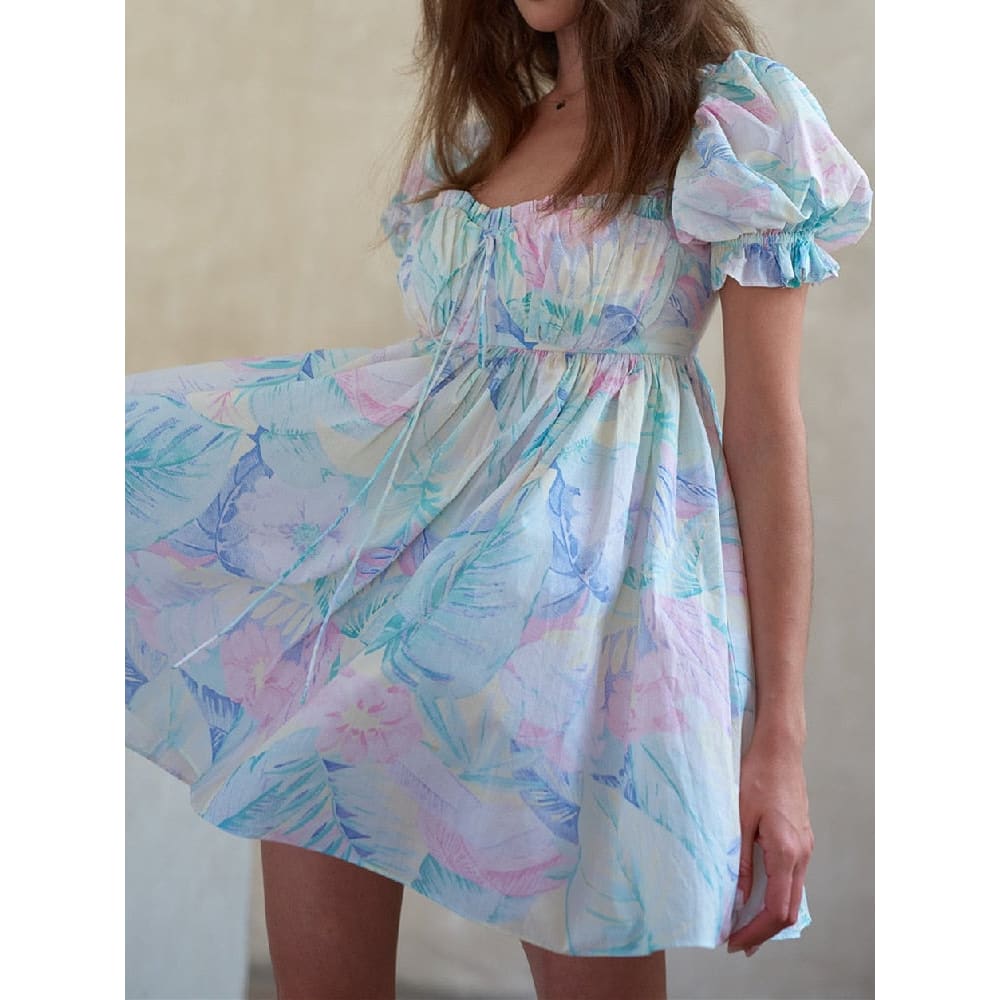For many divers, the octopus gardens are a must-see destination. These colorful coral reefs are home to a wide variety of marine life, including the mysterious and captivating octopuses.
Diving In The Heart Of The Octopus Gardens
Here's what you need to know about diving in the heart of the octopus gardens:
1. The Octopus Gardens are Located in the Coral Triangle
The octopus gardens are found in the Coral Triangle, a region located in the western Pacific Ocean that is home to the highest diversity of coral reefs in the world. The Coral Triangle is made up of six countries: Indonesia, Malaysia, the Philippines, Papua New Guinea, Solomon Islands, and Timor-Leste. Each of these countries has its own unique marine life and diving sites, making the Coral Triangle a true paradise for divers.
2. The Octopus Gardens are Home to a Wide Variety of Marine Life
In addition to octopuses, the octopus gardens are home to a wide variety of marine life, including colorful fish, vibrant coral, and other fascinating creatures. Some of the species you might see while diving in the octopus gardens include parrotfish, angelfish, clownfish, and lionfish. You might also spot sea turtles, sharks, and rays swimming among the coral reefs.
3. The Octopus Gardens Offer Fantastic Dive Sites
The octopus gardens offer a variety of dive sites to explore, each with its own unique features and highlights. Some of the most popular dive sites in the octopus gardens include the Anilao Peninsula in the Philippines, the Lembeh Strait in Indonesia, and the Solomon Islands. These dive sites offer a mix of shallow and deep water, as well as a range of coral formations and marine life to see.
4. Octopuses are Fascinating Creatures
Octopuses are some of the most mysterious and captivating creatures in the ocean. These intelligent invertebrates are known for their ability to change color and shape to blend in with their surroundings, and are skilled at hiding and escaping predators. Octopuses are also highly adaptable and can be found in a wide range of environments, from shallow coral reefs to deep sea trenches.
5. Octopuses Have a Fascinating Lifecycle
Octopuses have a fascinating lifecycle, with a number of unique characteristics and behaviors. Female octopuses lay their eggs in a hidden den, and then care for the eggs until they hatch. Once the eggs hatch, the young octopuses look like tiny versions of adult octopuses, and are able to swim and hunt on their own. Octopuses have a relatively short lifespan, with most species living only a few years.
6. Octopuses are Threatened by Human Activities
Unfortunately, octopuses and other marine life in the octopus gardens are threatened by human activities, such as overfishing, pollution, and habitat destruction. Divers can help protect the octopus gardens by practicing responsible diving practices, such as respecting the marine environment and avoiding touching or disturbing the coral reefs and marine life.
Diving In The Heart Of The Octopus Gardens In Conclusion
Diving in the heart of the octopus gardens is a truly unforgettable experience. From the colorful coral reefs and diverse marine life to the mysterious and captivating octopuses, there is so much to see and explore in this underwater wonderland. By diving responsibly and taking steps to protect the octopus gardens, we can help ensure that these incredible ecosystems are preserved for future generations.

